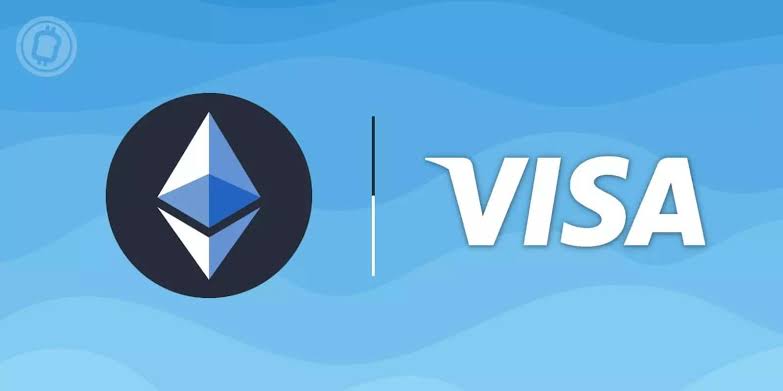zkEVM Rollups, a novel scaling technique, could enable Ethereum to outperform Visa in terms of transaction throughput, according to Mihailo Bjelic, co-founder of Polygon.

The zkEVM scaling solution, which aims to lower Ethereum’s transaction costs and increase throughput, was reportedly first implemented by Polygon. This layer-2 protocol has the ability to combine many transactions into a single transaction before relaying it to the Ethereum network.
The solution offers security, scalability, and full compatibility with Ethereum, which means developers won’t need to learn a new programming language to work with it, according to Bjelic, who claims it symbolizes the Holy Grail of Web3.
“When you launch a scaling solution, you ideally want to preserve that developer experience. Otherwise, there will be a lot of friction,” explained Bjelic.
Sandeep Nailwal, the second co-founder of Polygon, claims that this method will reduce Ethereum fees by 90% and boost transaction throughput to 40–50 transactions per second.

ZkEVM Rollups, as Bjelic noted, may one day process hundreds of transactions per second, exceeding popular payment systems like Visa, if they were updated further.
The Ethereum network and the services built on it become ridiculously expensive to utilize when there are too many users actively using the platform. Polygon zkEVM employs a ZKP to validate a batch of transactions on Ethereum, much like any other ZK layer-2.
The batch of transactions being validated reduces the amount of information that must be shared between users and expedites transaction confirmation.
The newly introduced scaling technique greatly reduces fees, increases throughput, and carries over Ethereum’s security. Transactions on the Ethereum blockchain will become more affordable, rapid, and secure with the aid of zkEVM.
Visit the Cointelegraph YouTube channel to watch the entire interview.